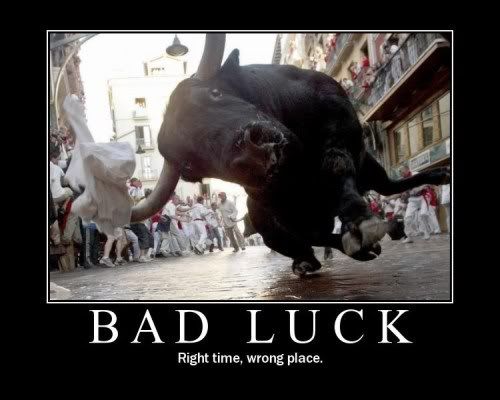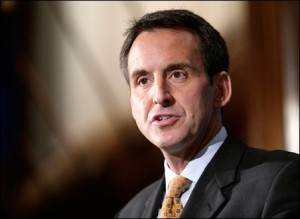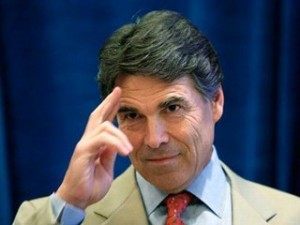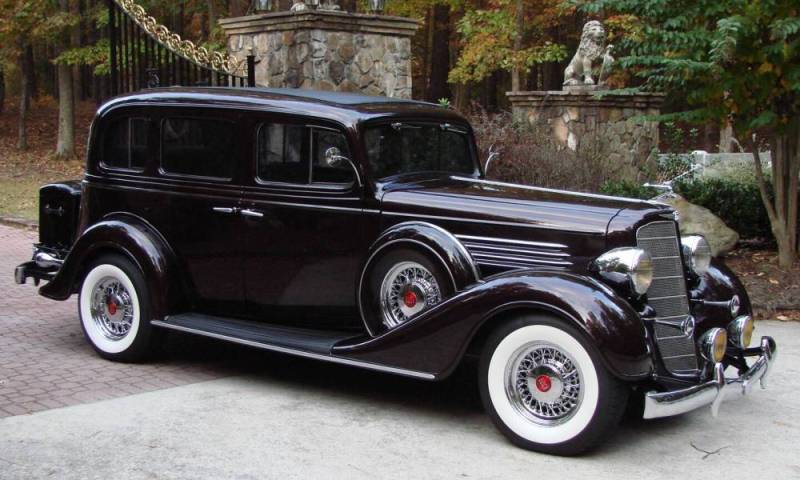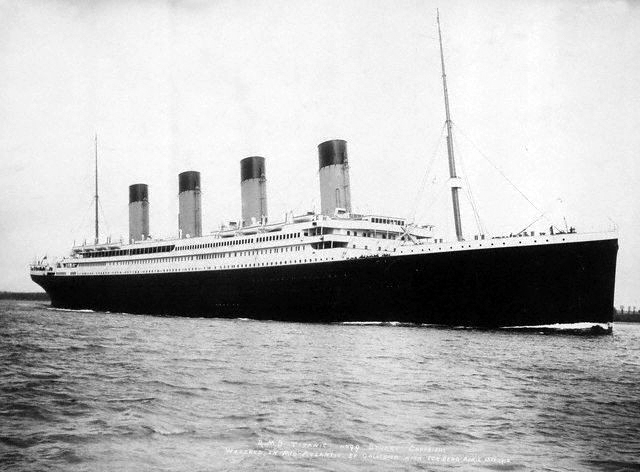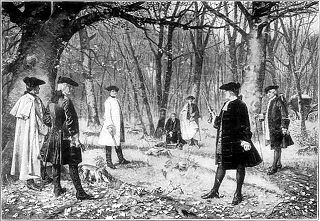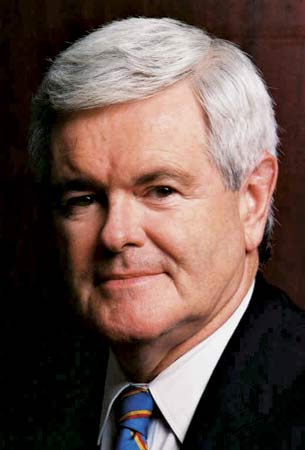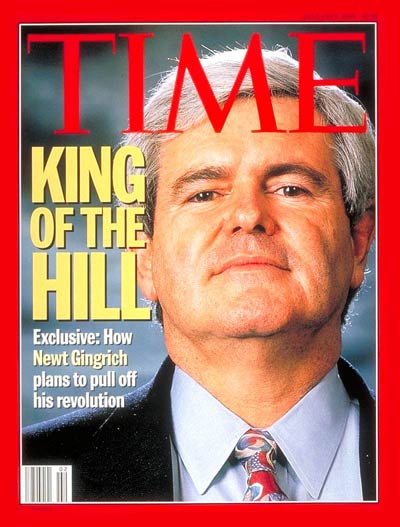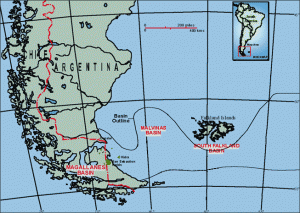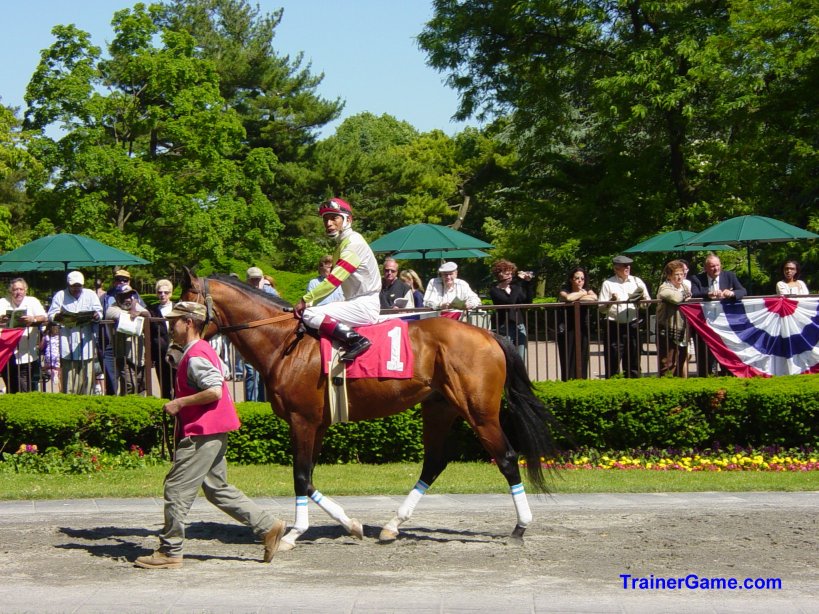
The 2012 Presidential race has begun in earnest with the recent debate between prospective Republican candidates at a forum sponsored by CNN. The seriousness of the issues to be debated by candidates showing interest in being the chief executive officer of the most powerful country in the world 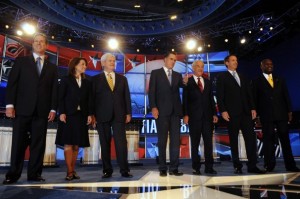 is often obscured by the circus atmosphere and “horse race” descriptions provided by the media who look at the contest as a form of entertainment to be marketed. We are still nearly a year and and a half before electing the next President but in keeping with irritating recent tendencies to start the next presidential campaign almost immediately after the election of the current office holder, the process and players is already taking shape. The horse race analogy is superficial but does allow early characterization of the candidates in relation to each other. It is apparent that the early field of committed racers has been assembled, and is about to leave the paddocks. RAMPARTS is willing to take its first look at the competitors and size up their chances.
is often obscured by the circus atmosphere and “horse race” descriptions provided by the media who look at the contest as a form of entertainment to be marketed. We are still nearly a year and and a half before electing the next President but in keeping with irritating recent tendencies to start the next presidential campaign almost immediately after the election of the current office holder, the process and players is already taking shape. The horse race analogy is superficial but does allow early characterization of the candidates in relation to each other. It is apparent that the early field of committed racers has been assembled, and is about to leave the paddocks. RAMPARTS is willing to take its first look at the competitors and size up their chances.
The Reigning Champion– Barack Obama, the winner of the last race, leaves the paddock first as the presumptive democrat party candidate to take on all challengers. He will be well positioned with unqualified support from the main stream media, who see him as what a President should be like, a huge amount of campaign cash, and the cocky confidence of a man who has had an dazzlingly fast ride to the top almost obstacle free. This race horse, however formidable, will have to carry substantially more weight than desired on his back, with an objectively poor track record in the job – historically high unemployment, stratospheric deficits as a consequence of his failed stimulus policies, and an American population that senses a country hurdling toward has been status. Obviously the early favorite out of the paddock but expect to see the odds drop fast.
The Best Pedigree– Mitt Romney has run for President before, has been Governor of Massachusetts, run a successful Olympics, has solid business credentials, looks the part of a champion, and is the son of former Governor of Michigan and 1968 presidential candidate George Romney. Romney has done what all front runners do. He has tried to avoid alienating anybody, worked to look inevitable, and positioned himself to be substantial. Unfortunately for him as with previous races, when the public has to decide if he has the stuff of champions I think they will look elsewhere. There is no there there to capture the public’s need for a winner that will best represent in their minds what a champion should be – fearless, passionate, tough in the mud, aggressive when challenged, powerful down the stretch, and immediately recognizable as a champion. Additionally he carries the dead weight of global warming advocacy and health care mandates into the race similar to Obama, without the charisma of the current champion to lighten his load. These horses almost never win, place, or even show. Ask Romney’s father George, John Glenn, Edmund Muskie, John Connally, or Nelson Rockefeller.
The Speed Horse– Michelle Bachmann wowed the viewing audience of the debate with her unexpected eloquence, verve, and competitiveness. Horse race purists, however, were not surprised by the Minnesota congresswoman’s performance. She has been energy driven her entire life – a successful lawyer and the mother of five who has cared for 23 foster children. She has successfully taken on the mantle of the important tea party voting group, defining a form of constitutional purity that guarantees her strength in the primary battles. The questions to be answered as the race begins in earnest are evident in this competitor who comes from nowhere. How will the filly do shoulder to shoulder with the stronger horses? Will she be able to gallop to the lead and hold it? Will the length of the race, which is almost always about endurance, make her sprinting capacity inconsequential? A horse to watch, but don’t bet the farm.
The Early Underdog(horse)– Herman Cain carries equal street cred with the tea party purists as Michelle Bachmann. He was an early tea party speaker who brought outsider excitement to his speeches and free enterprise credentials as former chairman of Godfather’s Pizza, Inc. In an election where, once again, the economy will likely be the dominant issue, Mr. Cain knows how jobs are created and businesses are built. This particular race horse, however, has never been in an actual race. Winning is almost always about understanding the race and its atmosphere. The hard working plow horse does not suddenly find itself comfortable with the skills necessary for racing. It is unlikely that Mr. Cain will find his footing when the challenge is not his own strength in pulling the load, but rather, pushing the field. Long shot. Definite long shot.
The Contender– Tim Pawlenty is the race horse comprising any quality racing field. He has a strong record as a former steady governor of the state of Minnesota, worked hard to position himself as a broadly skilled candidate, showing the common touch, well developed ideas, competitive instincts, and an excellent team of support. A closer look, though, reveals some serious vulnerabilities. Pawlenty was an early advocate for carbon credits proposed at the height of global warming scam that almost enveloped the American economy- an absolute non-starter for objectivists and individual freedom advocates like myself. He was comfortable with the concept of health care mandates, almost as deadly, to any libertarian. He has changed his strategy, and apparently his mind, on these issues. Is he a race horse that under the challenge presented by the competition that will revert to old habits under stress? Additionally, although he has some speed, some strength, some endurance, some toughness, does he have enough of any to be in a position to finish at the end? Can he overcome the speed horse from his own state, Bachmann? The bettors will hedge their bets on this one and want to watch him on a few tracks before they put down their money. Likely middle of the pack.
The Old Racehorse – Newt Gingrich will be 69 years old on election day. He certainly has been a champion in his day. A race warrior of past glories. He has never been short of ideas, good or bad, has lead his party in Congress as Speaker of the House, is a glib speaker, and has thick skin resistant to the competitor’s whip. The weaknesses though, abound, in this old steed. This horse hasn’t won a race in forever. Out of the paddock, he as already shown lousy instincts, skittishness, illucid ideas, and poor form. He will enter the gates a former champion, but won’t finish the race. A wasted bet, no matter what the odds.
The International Entry – Former Utah Governor John Huntsman has not officially entered the race but is about to do so. He is the one entry with foreign policy experience having recently served as President Obama’s Ambassador to the People’s Republic of China. Is it a plus in a year where the focus is so directed on domestic economic issues to ride a crafty race as the world savvy candidate? Like foreign horses used to racing on grass, the muddy track of a U.S. primary process may be something very difficult for Huntsman to navigate, given his only other elective experience was in the state of Utah where the conservative republican vote is king. Huntsman speaks fluent Mandarin, a skill that will be valuable in dealing with the emerging power of the twenty first century, China, but in American politics, his ability to “talk turkey” with the average voter will need to show itself. Good looking horse out of the paddock, but can he really run to win?
The Field Filler– A race requires race horses for perspective, and the 2012 Presidential race is no different. Rick Santorum is a solid conservative with relative eloquence and principled views. On previous racetracks, however, he has shown a rigidity and inflexibility that makes him unlikely to be in the final win, place, or show discussion. A former Senator of Pennsylvania, he proved unable to hold his own seat, and has struggled to avoid the “far right” tag that has been placed on him, and looks at this time to be “just another horse”.
The Outsider – The winner of the the “fringe” position remains Ron Paul. A strict libertarian, who won’t change even when circumstances do, Paul reminds me of Eddie “”the Eagle” Edwards, Great Britain’s only Olympic ski jump competitor in history, who got to ski jump in the 1988 Olympics for his country, because there was essentially no one else in that non-ski country that wanted to. He jumped, and landed…and finished dead last. But he jumped when many told him not to, and somehow landed – so there was a chance that if every other competitor would fall down, he might have won. Ron Paul should be so lucky.
who got to ski jump in the 1988 Olympics for his country, because there was essentially no one else in that non-ski country that wanted to. He jumped, and landed…and finished dead last. But he jumped when many told him not to, and somehow landed – so there was a chance that if every other competitor would fall down, he might have won. Ron Paul should be so lucky.
The Heavyweights on the Sidelines– The field though feels incomplete. Several significant contenders remain on the sidelines that would immediately change the race dynamics. Sarah Palin is Michelle Bachmann on steroids, a former Vice Presidential candidate with celebrity status, a star at any political event. She is the Momma Bear that has already withstood enormous insults, personal attacks, unending media taunts regarding her supposed “intellectual deficits”, and remained standing. She would no doubt be much more formidable than anyone is willing to admit, but does she really want to take on the lightning rod position, or be the financially successful sideline star that she is in spades? Ego is a funny thing- I wouldn’t bet against her. Governor Rick Perry of Texas is positioned to go and if he decides to enter, becomes the southern conservative candidate in the race, the electorally enviable position. Perry has talent, toughness, economic credibility, and a seriously attractive libertarian streak. He also would be the slotted “governor of Texas” candidate – is there room for another one of those to the voting public after George W. Bush? That alone is the likely reason that Perry has spent so much political capital distancing himself from the Bush legacy and the royal Bush family themselves. Former Governor Jed Bush of Florida has done it all and in any other time and place would be a front runner – but this is a democracy, not a monarchy- no matter the talent of this horse, it looks like he is destined to stay on grass tracks and out of the Triple Crown running. Former mayor of New York Giuliani is again interested; tough, smart, and outspoken, this formidable contender flopped in his previous run and may be simply too much damaged goods to be a factor this time. Lastly, there is the potential Superhorse, the two year old champion every Triple Crown fan is waiting for is waiting for, Paul Ryan of Wisconsin. He has smarts, talent, savvy, intellectual gravitas, debating skills, youth, looks, and common touch – the marks of a once in a generation race horse. One problem only – he doesn’t think it is yet his time. If the horse is willing to enter the starting gate, there is no chance to see how he races. This horse may turn out to be more Barbero than Secretariat, all the potential in the world, but frustratingly and maybe tragically missing his moment to shine.
That’s your field out of the paddock. Its going to be a long race. Get to your seats, and prepare for the unexpected. RAMPARTS bet is is still with the champion, but for the country’s sake, our hopes and prayers are for a really special winner to emerge.

